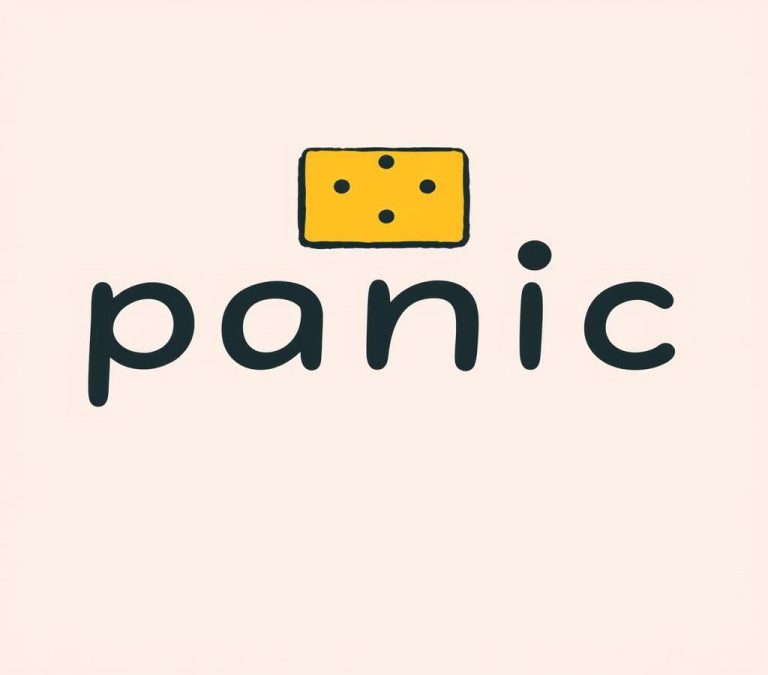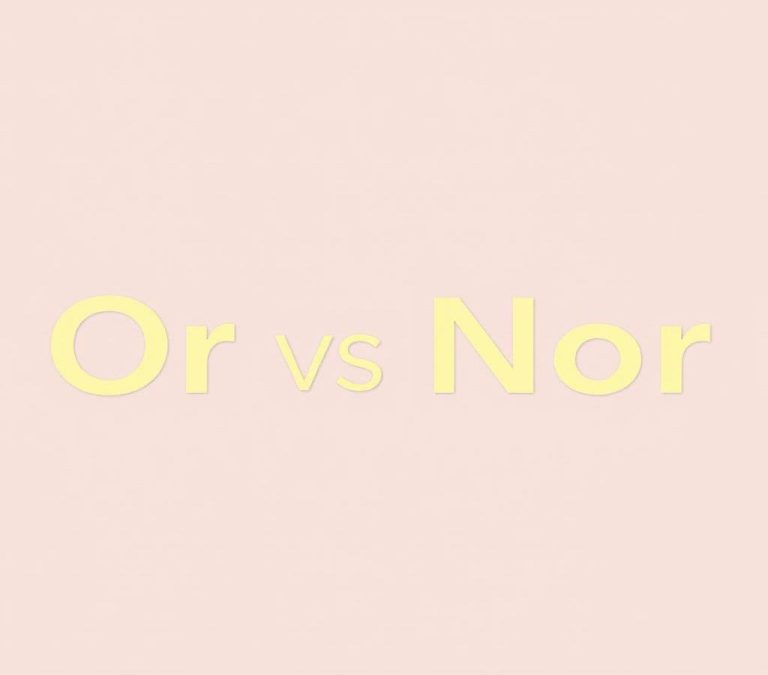Center vs Centre: Grammar & Usage Sp elling Decoded
The words “center” and “centre” often confuse people learning English. These two spellings mean the same thing but are used in different parts of the world. “Center” is the spelling usually seen in American English, while “centre” is more common in British English and other English-speaking countries. This small difference in spelling stems from historic influences and regional preferences. By understanding why these variations exist, we can better appreciate the richness and diversity of the English language.
Quick Answer
The difference between “center” and “centre” lies in the region you’re writing for.
“Center” is the preferred spelling in American English (e.g., USA), while “centre” is used in British English (e.g., UK, Canada, Australia). Both are correct, but use the one that matches your target audience’s regional English style.
Why There is Confusion
When it comes to the spelling of words in English, one of the most common areas of confusion is the use of “center” versus “centre.” At first glance, these two words seem similar and even interchangeable, but they are often mistakenly swapped in writing and speech, leading to some puzzling moments. The confusion largely stems from historical linguistic developments and regional variations between American and British English. Given that English has evolved and adapted across different countries and cultures, slight variances in spelling are quite common. Understanding these differences can help clarify many misunderstandings in both written and verbal communication.
What Does “Center” Mean?
The spelling “center” is predominantly used in American English, and it refers to the middle point of something or the pivotal component of an array of parts. The term can apply to physical spaces and abstract concepts alike. In geography, for instance, “center” might denote the middle point of a circle or sphere. In organizational contexts, it often refers to a facility dedicated to a specific purpose, like a “community center” or “shopping center.” Additionally, “center” in sports, like basketball, identifies a central position or player pivotal to the team’s strategy. Overall, the word “center” signifies focus or centrality in diverse contexts.
What Does “Centre” Mean?
The term “centre” carries the same meanings as “center,” but it is the preferred spelling in British English and other Commonwealth nations, including Canada, Australia, and India. Similar to “center,” “centre” is used to define the midpoint of an object or an axis and can include a physical location, such as a “town centre,” or an abstract notion, like the centre of attention. As English is a global language with varying regional adaptations, the spelling “centre” reflects these historical and cultural distinctions, underpinning the same central ideas as its American counterpart.
Differences between “Center” and “Centre”
Differences in Parts of Speech
While both “center” and “centre” predominantly function as nouns, they can also serve as verbs, though this usage is less frequent. To “center” or “centre” something means to situate it in the middle area of something else or to adjust a focus so that it rests in the middle point. For instance, “center the image in the frame” or “centre the text on the page.” Despite the interchangeable functionality, the same regional spelling rules apply whether the word is used as a noun or a verb. In essence, the differences in their parts of speech align with their established spelling distinctions in American and British English.
Differences in Regional Usage
The most significant distinction between “center” and “centre” lies in their geographical and regional usage. The spelling “center” is primarily used in the United States. In contrast, “centre” finds usage in countries that adhere to British English conventions. This regional variation is part of broader spelling differences, similar to other word pairs like “color/colour” or “theater/theatre.” Consequently, the choice between “center” and “centre” is largely contingent on the audience, the intended regional dialect, or the context in which the communication occurs.
Differences in Context
Although “center” and “centre” generally share meanings, certain specific contexts in different regions might dictate which spelling is more appropriate or traditional. For example, institutions in British English domains might be officially titled with “centre,” like “The Centre for Disease Control and Prevention,” emphasizing the official spelling conventions. Conversely, American entities would typically use “center” in their terminologies. A company diverting its focus to international or British markets might adopt the British spelling to appeal to local sensitivities and expectations.
Synonyms for “Center”
Several synonyms can be utilized in place of “center,” depending on the specific context or usage needs. These alternatives can enhance vocabulary while maintaining the intended centrality:
- Middle
- Core
- Heart
- Pivot
- Hub
- Focus
- Central point
- Nucleus
These synonyms can offer more precise word choices, facilitating clearer communication or adding variety to language use. The selection of synonyms may also depend on whether the subject is tangible or abstract, ensuring the word choice aligns with intended meanings.
Synonyms for “Centre”
Just like “center,” “centre” has several synonyms applicable within British English and other regions preferring this spelling. These synonyms can furnish alternative ways for expressing the concept of centrality or focus:
- Middle
- Core
- Heart
- Pivot
- Hub
- Focus
- Central point
- Nucleus
The same list reflects the interchangeable nature of meanings, providing ways to diversify language use without altering the core message.
Usage Examples of “Center” vs “Centre”
Understanding the usage of “center” and “centre” can be further illuminated with practical examples that demonstrate their applications in real world scenarios:
- The city council is planning to build a new community center in the central district. (American English)
- The conference was held at the town centre to accommodate attendees traveling from all directions. (British English)
- To solve this mathematical problem, find the coordinates of the circle’s center. (American English)
- The policy changes were discussed at the business centre downtown. (British English)
- The center of the painting draws the viewer’s eye instantly. (American English)
- The arts centre hosts workshops throughout the year for emerging artists. (British English)
These examples illustrate how the choice between “center” and “centre” aligns with regional preferences and promotes clearer communication by adhering to the expected spelling conventions.
Conclusion
The spelling differences between “center” and “centre” underscore the fascinating diversity within the English language, shaped by historical evolution and regional adaptation. While both words share synonymous meanings related to centrality and focus, they are distinguished primarily by geographic usage—”center” for American English and “centre” for British English and other Commonwealth nations. Recognizing these variations is crucial for writers, educators, and communicators, as it ensures that the intended audience comprehends the message without confusion. By appreciating the unique regional twists and embracing the linguistic versatility English offers, speakers can effectively bridge cultural and linguistic divides, enhancing mutual understanding and respect in global communications.







